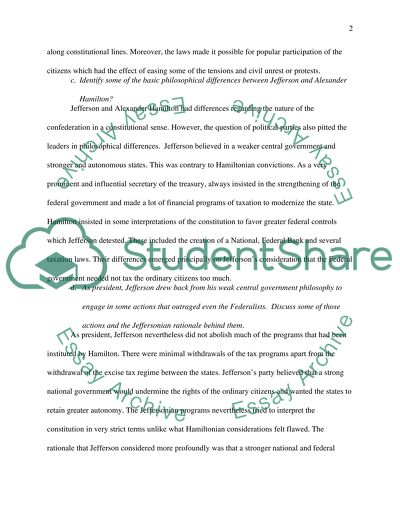Cite this document
(“Paper #1 Assignment Example | Topics and Well Written Essays - 1250 words”, n.d.)
Retrieved from https://studentshare.org/history/1645264-paper-1
Retrieved from https://studentshare.org/history/1645264-paper-1
(Paper #1 Assignment Example | Topics and Well Written Essays - 1250 Words)
https://studentshare.org/history/1645264-paper-1.
https://studentshare.org/history/1645264-paper-1.
“Paper #1 Assignment Example | Topics and Well Written Essays - 1250 Words”, n.d. https://studentshare.org/history/1645264-paper-1.


